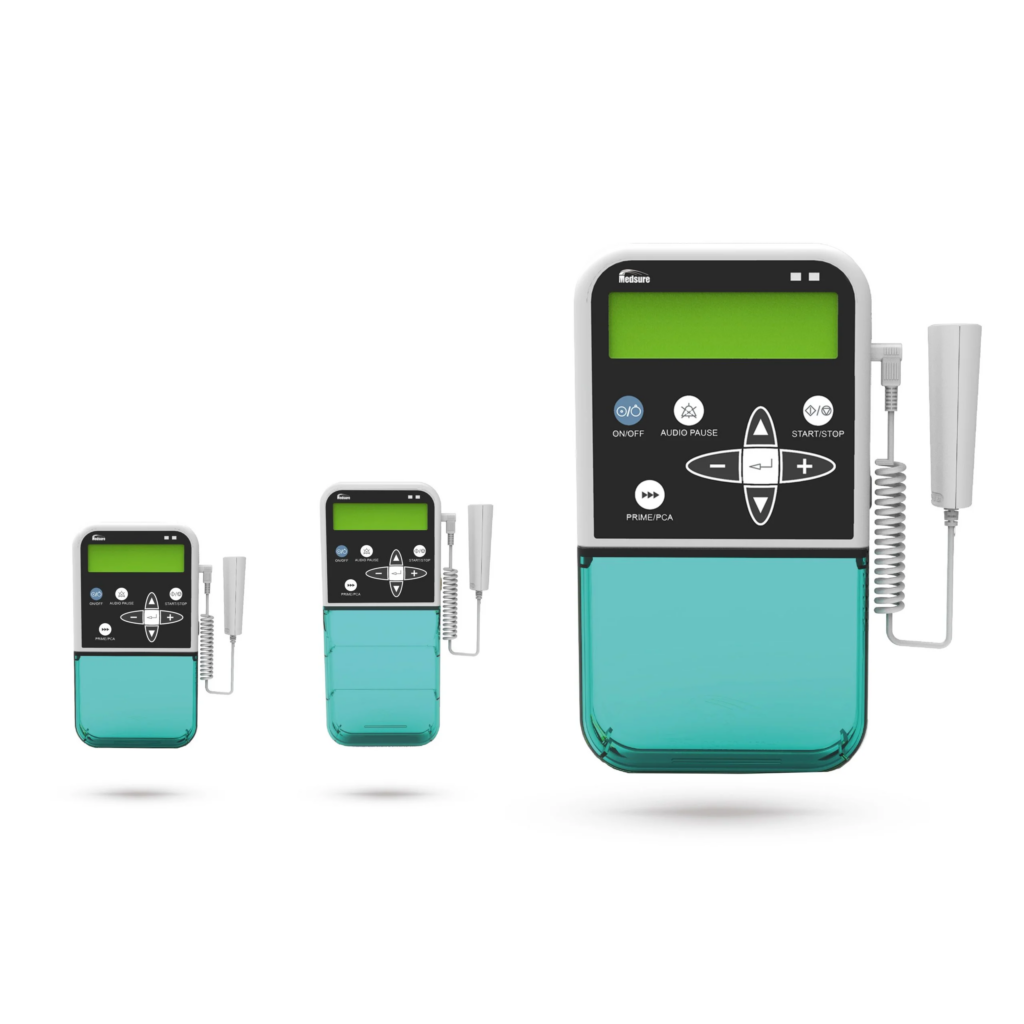In the field of medical devices, ambulatory infusion pumps represent an important advancement in patient care. Well Lead Medical is recognized for its range of products designed to meet the needs of healthcare providers managing continuous medication delivery in clinical environments. When discussing the types of ambulatory infusion pumps, it is important to note that these devices vary in design and function, allowing medical teams to select models that align with specific treatment protocols and therapeutic requirements.

Overview of Common Types of Ambulatory Infusion Pumps
Ambulatory infusion pumps are medical devices designed to provide controlled intravenous therapy in a safe and efficient manner. The main types of ambulatory infusion pumps include elastomeric pumps, battery-operated electronic pumps, and mechanical pumps. Each of these serves specific clinical purposes and offers distinct benefits in different therapeutic settings.
Elastomeric pumps use a balloon reservoir to deliver medication at a preset flow rate. Their simple design requires no electrical power, making them lightweight and straightforward for clinical use. Battery-operated electronic pumps, by contrast, provide programmable infusion rates, safety alarms for occlusion or air bubbles, and enhanced precision. Mechanical pumps, though less commonly used today, employ mechanical mechanisms to regulate flow. Well Lead Medical primarily focuses on electronic and elastomeric pumps, with a strong emphasis on accuracy and safety.
Why Choosing the Right Pump Matters
The choice among different types of ambulatory infusion pumps depends on the clinical scenario and the requirements of the prescribed therapy. For example, continuous low-rate infusions, such as chemotherapy or pain management, often require programmable pumps that deliver precise and consistent dosing. For shorter or less complex infusions, elastomeric pumps may be more appropriate due to their simple functionality.
A reputable manufacturer such as Well Lead Medical ensures its pumps comply with medical standards and are optimized for clinical reliability. The company’s adherence to strict quality control helps healthcare providers trust that each device will perform consistently and safely during critical treatments.
The Role of Innovation and Safety Features
Among the various types of ambulatory infusion pumps, ongoing innovation continues to improve clinical outcomes. Well Lead Medical integrates advanced technologies into its pumps, such as accurate flow regulation, extended battery life, and user-friendly programming interfaces for medical staff.
Safety features remain central in infusion therapy to minimize risks of dosing errors. Pumps from Well Lead Medical typically include alarms for occlusion, low battery, and infusion completion, supporting safer administration in clinical departments where continuous monitoring is critical. These features highlight the company’s commitment to reducing complications and ensuring effective treatment delivery.
Conclusion
Understanding the types of ambulatory infusion pumps is essential for healthcare professionals seeking effective infusion solutions. Well Lead Medical offers a variety of pumps designed to address different therapeutic requirements while prioritizing safety and reliability. As demand for advanced infusion technology grows, choosing the appropriate pump type remains a vital part of ensuring consistent, accurate, and safe treatment. Well Lead Medical continues to contribute to this field by providing dependable devices tailored for professional clinical use.

